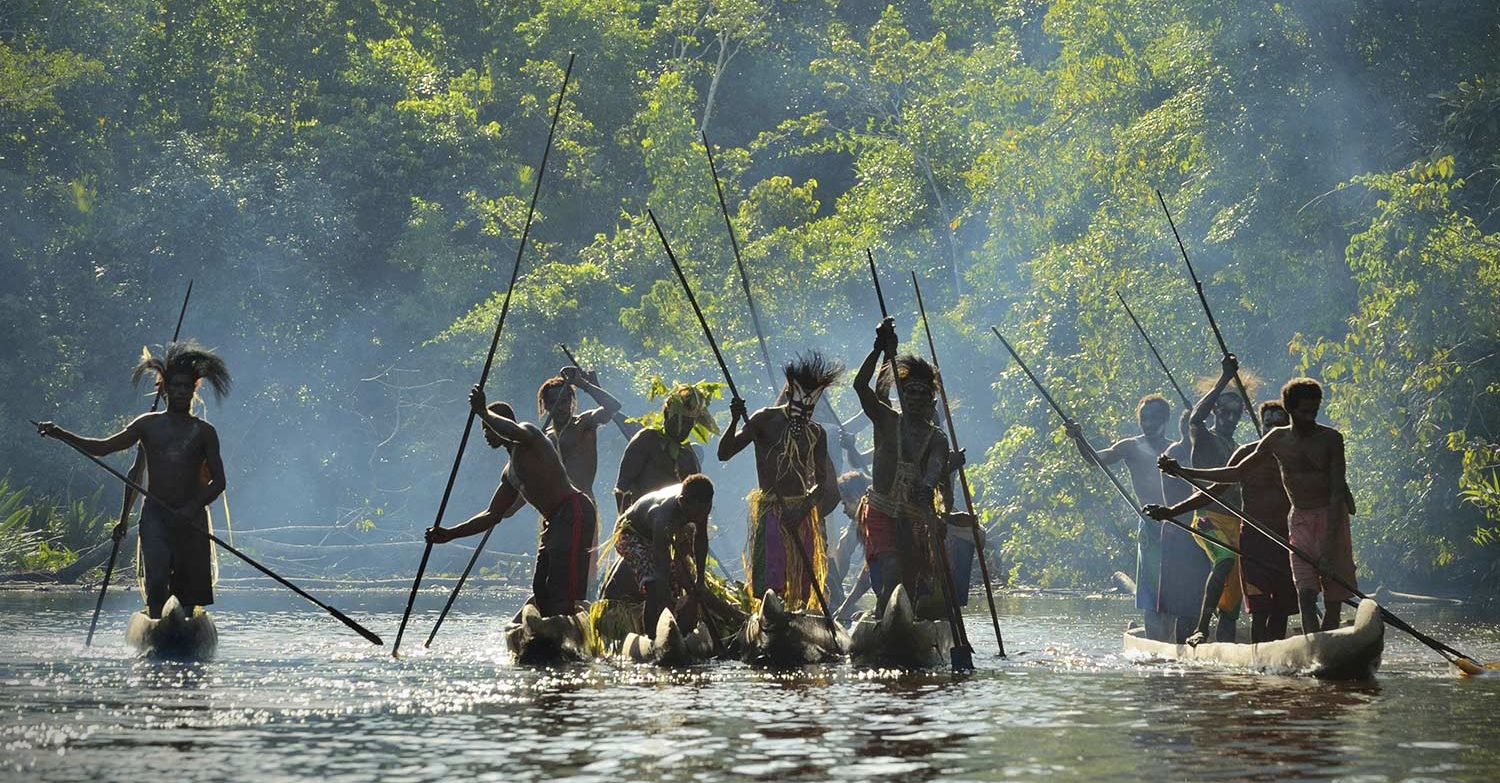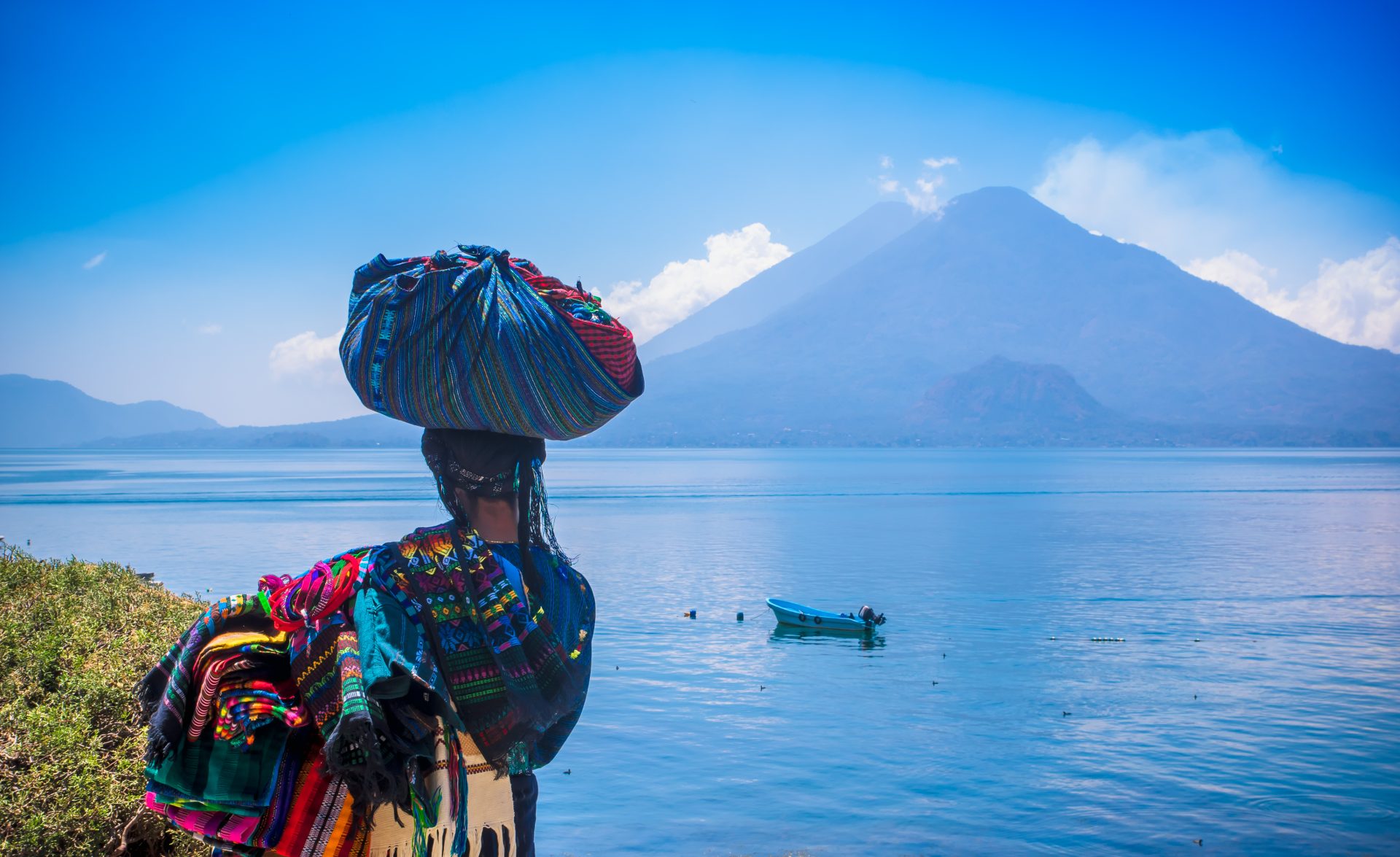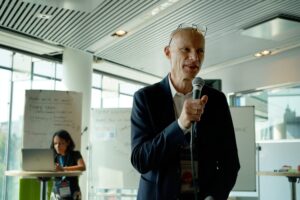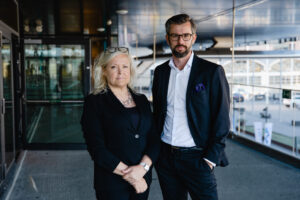Understanding the value of water through indigenous wisdom
Too often, knowledge may be sought or taken from Indigenous Peoples without an appreciation of the relationship, obligations, or knowledge system within which it was generated.
With these relationships comes both rights as well obligations that are manifested in different ways, but especially through ensuring the good health of land and water. Values such as respect, reciprocity and relatedness were often raised, and these values will embody a very different starting point to making decisions than say simply treating water as a resource.
How can we build bridges around different understandings of and value systems around water?
This is a difficult question to answer, but for me the first step is to recognize and acknowledge that different types of knowledge and relationships with water exist and are proven across millennia. Without acknowledging this, it will be very difficult to get to the second stage and really listen to Indigenous Peoples. Too often, knowledge may be sought or taken from Indigenous Peoples without an appreciation of the relationship, obligations, or knowledge system within which it was generated.
With listening, it is more possible to identify opportunities for engagement and to partner better in addressing different challenges facing waters across the world, one that is based on re-building our relationships with our water bodies. Of course, this answer is downplaying questions on things such as rights and sovereignty that also need to be addressed as part of building bridges.
How should the international community support Indigenous Peoples?
As part of increased engagement in global water policy, Indigenous Peoples are beginning to outline the appropriate means, but the starting point is to increase resources to help empower them to participate in policy and decision-making.
In the Indigenous Peoples Declaration for the 2023 United Nations Water Conference, signatories outlined key messages about respecting Indigenous Peoples knowledge, cosmovisions and practice, ensuring full and effective participation of Indigenous Peoples, and to prioritise the collective human responsibility to protect and safeguard water, amongst many others.
Events such as the Water Conference in New York, or the upcoming World Water Week 2023 which includes several events with a focus on First Nations Peoples, as well as the release of Yaa Heen Koosge: Indigenous Peoples and Water Wisdom, are important for building more knowledge and awareness but more is needed to empower Indigenous Peoples to lead discussions.
Indigenous Peoples and Water
Indigenous peoples are the custodians of many of the world’s most fragile and important ecosystems.
Know more










